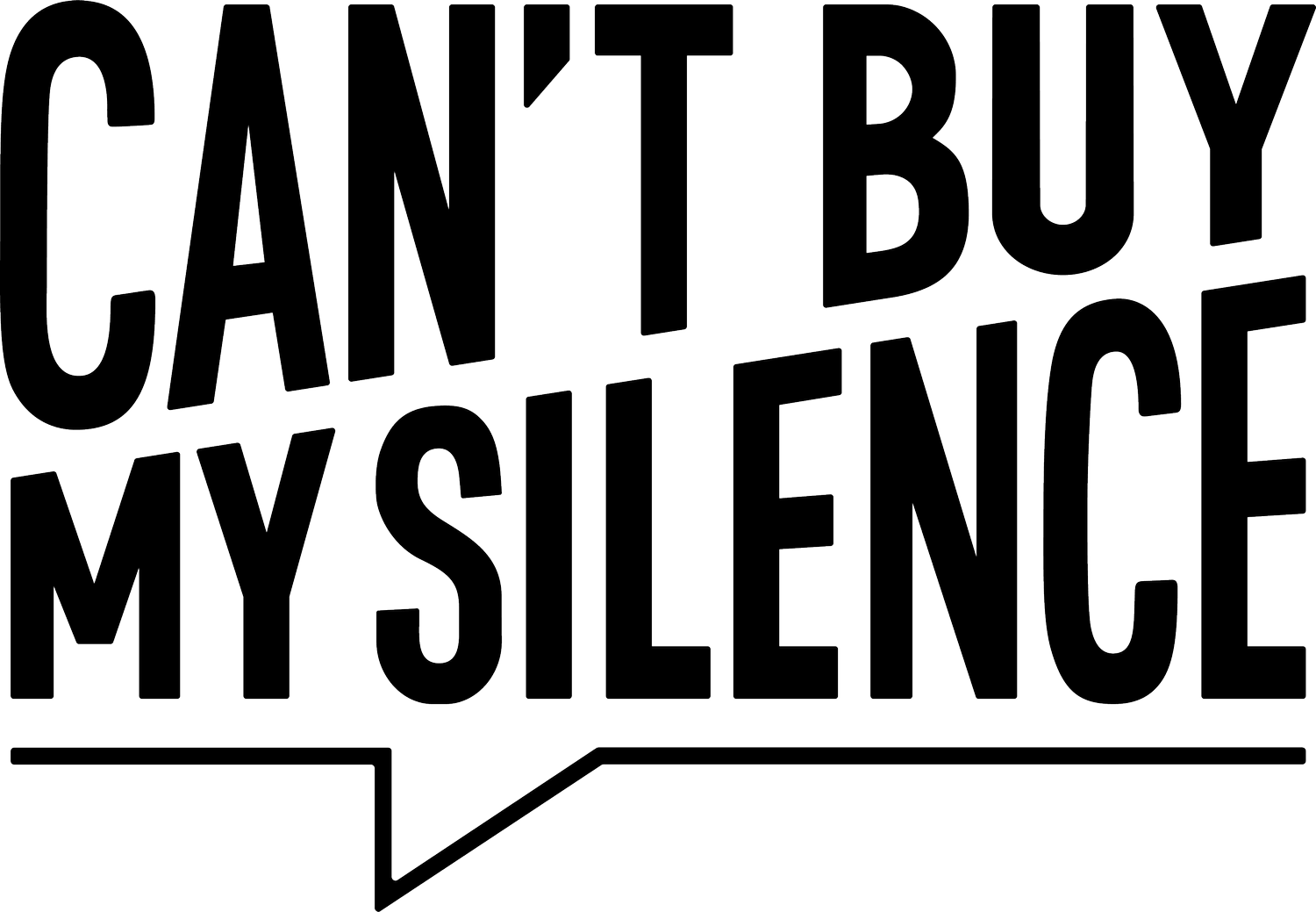Story 126
Silenced During Maternity Leave: My Story
In late 2019, just before the world changed with the pandemic, my own life was turned upside down. I had relocated cities for a role I loved at a well-known luxury brand in a European Country. I was thriving professionally and felt I had built strong relationships within my team. But while I was on maternity leave, that all abruptly and painfully ended.
During what should have been a protected and joyful time bonding with my baby, I was instead pulled into a distressing legal process. I was pressured into signing a settlement agreement—one that included an NDA. I didn’t understand how quickly things would escalate, and I certainly didn’t expect to be spending my maternity leave in lawyers’ offices, negotiating terms that would erase my truth.
Why was I asked to sign an NDA?
To this day, I struggle with that question. There was no misconduct on my part. I hadn’t underperformed. The narrative I was forced to accept—that I had “decided to spend more time with family”—was simply untrue. It didn’t reflect who I was, how committed I had been to the role, or the potential I felt I still had there. That kind of wording may sound benign, but it was a silencing mechanism. It left me without a voice, unable to explain myself to colleagues who were confused and concerned.
The process of signing the NDA was cold and transactional. I wasn’t given much time, just enough to feel coerced but not empowered. I was vulnerable—postpartum, sleep-deprived, and navigating a huge life transition. And then I was forced to make a life-altering decision with the threat of legal consequences if I didn’t comply. The final communication to staff—an email sent quietly on a holiday—felt strategic, as though they were trying to bury my exit and move on without scrutiny.
The aftermath was brutal. I went into the pandemic unemployed, caring for an 8- or 9-month-old baby, completely unsure of what to do next. My confidence plummeted. I felt unable to talk about my past experience without anxiety. Even now, years later, I second-guess what I’m allowed to say. Am I violating something? Will this come back to haunt me? The psychological impact has been immense. It looms over me like a shadow, especially when I’m asked about my career history.
What’s most painful is the hypocrisy. While I was navigating this nightmare, the brand publicly aligned itself with women’s charities and initiatives. That performative support for women felt like a cruel joke, especially when my own experience as a working mother was one of dismissal, legal silencing, and erasure.
I often wonder what might have happened had I been allowed to return to work, to finish what I started. Instead, my maternity leave—something that should have been sacred—became a battleground. I wasn’t just forced out of a job. I was stripped of my voice.
I’m sharing this now because I don’t want others to go through what I did. NDAs, especially when used to silence and protect employers at the expense of truth, are profoundly damaging. They’re not neutral tools—they're mechanisms of control. They rewrite history in a way that protects power and punishes the vulnerable.
No one should have to choose between their career and their integrity. No one should spend their maternity leave being forced into silence.
